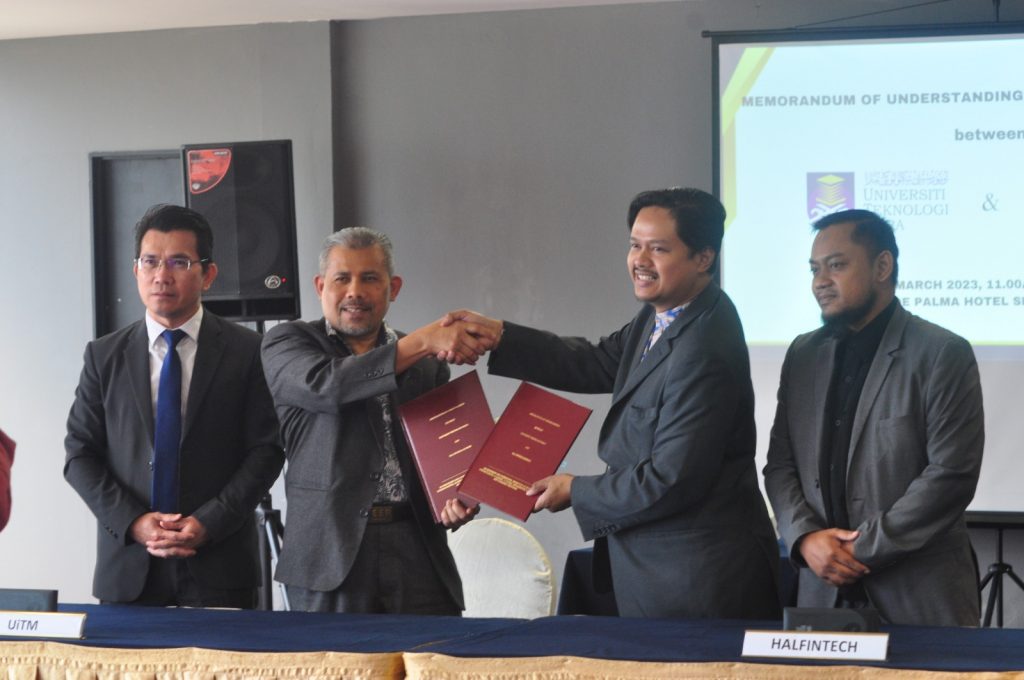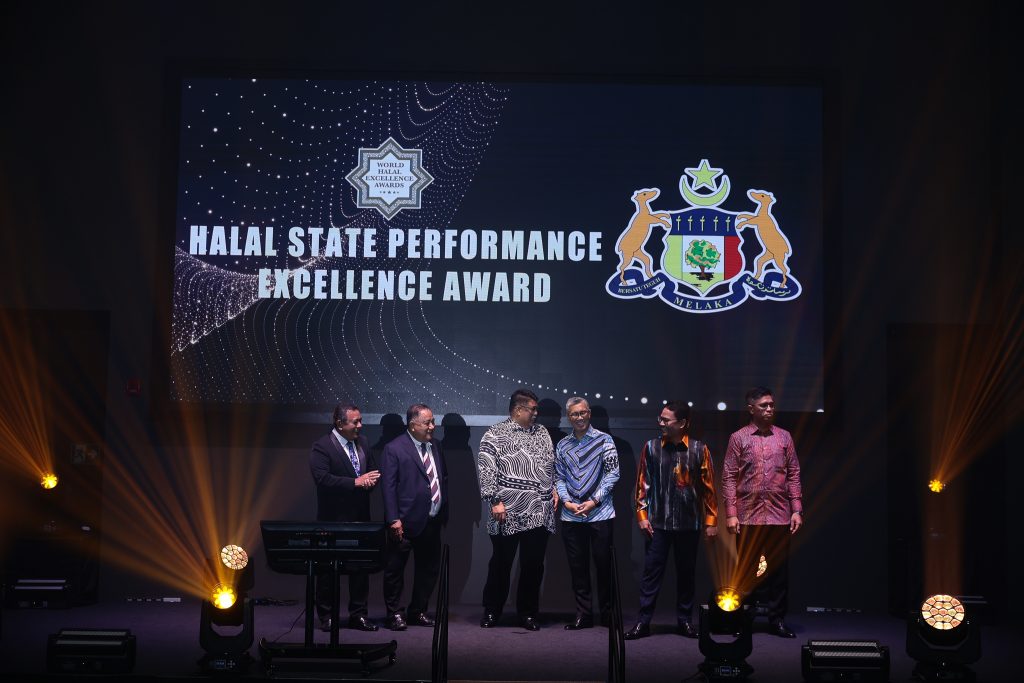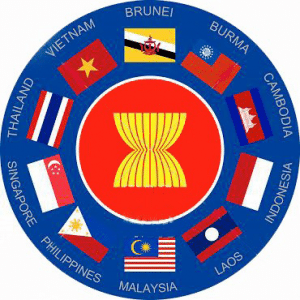By Liau Y-Sing
KUALA LUMPUR, Oct 29 (Reuters) – Malaysia hopes that Muslim
countries can agree on which goods and products are halal, or
acceptable to Muslims, a move that would boost the $2 trillion
industry, although politics and interpretation of islamic law
may complicate the task.
The Organisation of the Islamic Conference (OIC) is working
on a single standard to be applied in its 57 member countries.
Agreement to regulate the halal industry, which ranges from
financial institutions to cosmetics and meat, would help trade
and speed up the certification for makers of halal products.
“Malaysia’s halal certification is recognised worldwide so
perhaps we can play an important role in creating a global
standard,” Malaysia’s religious affairs minister Jamil Khir
Baharom said in an interview on Thursday. “We need a halal
certification that everyone can use easily.”
The halal industry is based on a belief that Muslims should
eat food and use goods such as cosmetics that are ‘halalan
toyibban’, which means permissible and wholesome.
But Muslim jurists do not always agree on what is halal.
Islam prohibits the consumption of pork and prescribes how
animals must be slaughtered, but there has been debate on the
acceptability of non-alcoholic beer, collagen and vinegar.
Rules are interpreted and enforced more strictly in some
countries. Sudanese authorities have hauled up women for
wearing trousers and a Malaysian woman has been sentenced to a
beating for drinking beer, practices which are acceptable in
some Muslim countries.
Jamil said Muslims generally agree on what is halal
although some issues should be left to countries to decide. “In
general, we don’t have many differences in terms of products
and food.”
Some see politics as an obstacle as OIC members range from
wealthy Saudi Arabia to poor countries like Somalia.
“Disagreement within the OIC is due to certain interests of
certain countries,” said Mohamad Akram Laldin, a religious
scholar and legal expert. “Some people might have their own
agenda and that might be the hindrance. They might want to push
certain things from their view and not agree with others’
views.”
(Editing by Jan Dahinten)



